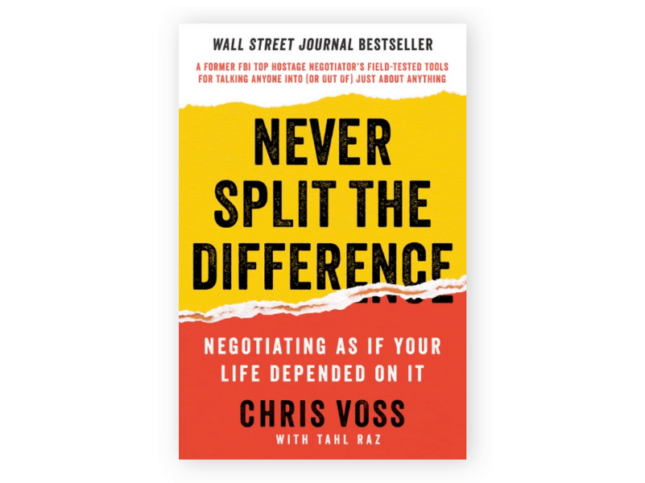We Need Less Motivation and More Determination
When five o’clock rolled around after work one day last week, I was not motivated at all to do my evening workout. After a full day of proofreading and editing my new book, I was motivated to crack open a Heineken and relax.
Yet, despite my lack of motivation I still ended up doing a hard and productive workout, because even though I was not motivated, I was determined.
And that got me thinking, why do we always spend so much time focusing on motivation, when the real work gets done by determination? Why do so many of us listen to motivational speakers but don’t seek out those who tell us how to improve our determination?
I read a lot of biographies, and the thought struck me that when you read about the accomplishments of great men and women, the word motivation almost never appears. So I put it to the test, using the trusty Google Ngram viewer, which tracks the frequency of words in English language books, and this is what I found:
The word determination traces back to 1374, but in the meaning I’m using it here, as the quality of being resolute, it dates to 1822. Looking a little further, I traced the word motivation to 1873, and its use in the psychological literature to 1904, meaning “inner or social stimulus to action.”
And that’s the key word, stimulus. A stimulus will get you moving, but when things get tough you need a lot more than stimulus. Motivation gets you to the starting line, but determination gets you to the finish line.
Motivation is a state, determination is a trait. Motivation is about preferences, which can change at any time; determination is about character, which is a part of who you are.
Maybe that’s why the word determination started losing favor around 1960. Using the word implies a value judgment, and the sixties roughly coincided with the rise of political correctness in which words like character became embarrassing and judgmental. I don’t know for sure, but I’ll bet 1960 is roughly about the time that kids’ sports leagues started giving out prizes to everyone—not just the winners. They did that to keep kids motivated, which is an admirable goal.
But if no one ever loses, how do they develop the character that keeps them going when things get tough? How do they learn to hate losing and quitting so much that they stubbornly refuse to let it happen?
We need determination because we’re all pretty bad at predicting how we’re going to feel about a situation before we’re in it. For example, smokers underestimate the cravings they will feel when they’re trying to quit. We know we will be tired in the last lap of the race, but the reality feels worse than we imagined. Determination keeps us on course even when reality is worse than anticipated, and it often is.
So much of achievement depends on the patient and consistent application of the right process and method to achieve a long term goal. The goal motivates, but sometimes when the pain, fatigue and boredom speak louder than the eventual payoff, it’s easy to cut corners. That’s when you need determination—the unwillingness to quit and the firm resolution to keep going. Determination in some ways is a negative word: not quitting is more important than keeping going.
Motivation without determination is fragile and fleeting—compare the attendance at any gym in America in early January and early February to see how far motivation alone will take you. Motivation prompted Roger Bannister to dare the four minute mile; determination kept him doing the laps and the intervals even while pursuing his medical degree full-time.
Motivation with determination scales mountains, breaks the four-minute mile, paints the Sistine Chapel.
- Motivation contemplates the future; determination focuses on the here and now.
- Motivation is fragile and flighty; determination is strong and steady.
- Motivation is Red Bull; determination is red meat.
- To paraphrase Mike Tyson, “Everyone is motivated until they get punched in the face.”
- Motivation soars in the clouds; determination slogs grimly through the mud.
Determination is not a guarantee: on Everest, Mallory and Hillary both had it. But it’s that lack of guarantee which makes it so much more meaningful and so much more noble.
By the way, that Heineken I wanted? It made for a great recovery drink after my workout.





